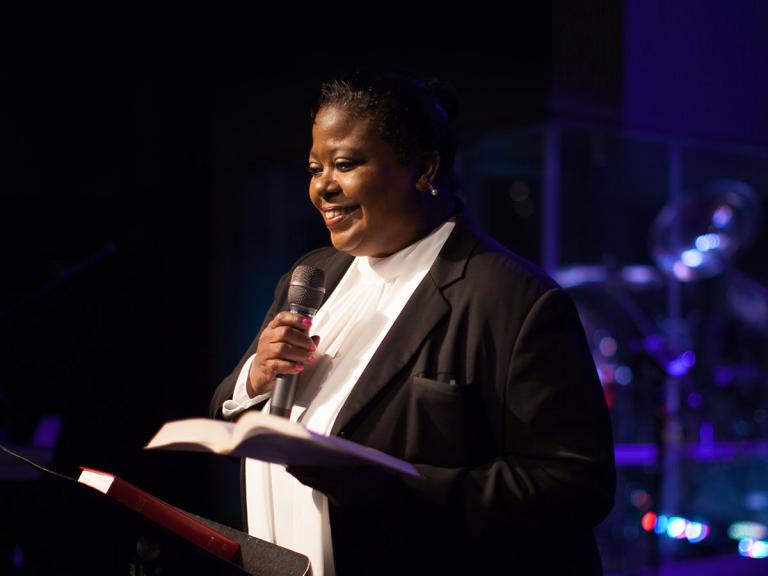
Since the highly publicized ouster of Rick Warren’s Saddleback Church from the Southern Baptist Convention (SBC) over its ordination of female pastors, the role of women in the church has been facing growing scrutiny. CNN noted that more women are entering seminary and filling pastoral roles in churches that do ordain women. 40% of ordained pastors in the Evangelical Lutheran Church of America (ECLA), which began ordaining women in 1970, are women. Alexis Abernethy, chief academic officer at Fuller Theological Seminary in Pasadena, California, says it is a needed change. “Women — and men — in the church have seen abuse and suffering. They’ve seen the role of the patriarchy in the church. They want to address constructively some of these challenges that have been facing both the church and our society. They’re saying, ‘Enough of this. We need to be different.’ So, I think a lot of these women are marshaling energy in that direction.”
Abernathy says the landscape for female pastors has also changed. “The question used to be whether women should even be pastors, but that’s not as critical a question any more in some denominations. Now the question is, how can we make the environment in which women are pastors more fruitful, productive and supportive?” She stated that due to their marginalized position in church history, women have a unique opportunity as they seek more positions of authority. “Power and privilege are not always a bad thing. Sometimes it can mean the opportunity to speak and share your perspective. Folks who’ve been marginalized or oppressed have a clearer radar regarding things like power and when it’s abusive or when people are being excluded. At their best, they would then not set up systems that perpetuate that exclusion — although that requires courage and energy, and people need to be attentive to that fact.”
The battle over female leadership in churches could be framed as a progressive vs. conservative battle as well. The Pew Research Center listed a number of denominations that allow women in leadership positions. Among the Protestant denominations were the ECLA, the United Methodist Church, the Episcopal Church, and the Presbyterian church- denominations that have gone on to allow or support traditionally liberal causes, such as gay marriage and abortion. Churches that do not have women in leadership tend to trend more conservatively, such as the Roman Catholic Church, the Southern Baptist Convention, and Orthodox Churches, all churches that have fairly strong prohibitions against gay marriage and abortion.
The split between whether or not women should serve in leadership positions comes from the interpretation of 1 Timothy 2:12, where Paul writes, “I do not permit a woman to teach or to exercise authority over a man; rather, she is to remain quiet.” (ESV). Paul David Tripp, a popular writer on Christian mental health and family issues, wrote that the role of women is more expansive than simply whether or not they can preach in church. Although he agreed with the idea that the role of a pastor is for a man, he stated that it is important for churches to value their women’s gifts. “A body of Christ is healthiest when women are esteemed and their gifts highly valued, not just in the home but also in the church,” he wrote. “The church needs highly trained women theologians. The church needs to give voices to gifted gospel-communicating women. We need to encourage gospel-wise women to write. To do anything less fails to treat women with the honor that was stamped on them at creation.”
